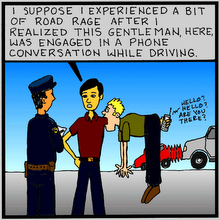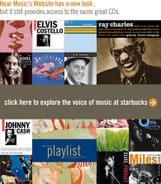For a while, I kept thinking that “reality” TV couldn’t possibly get any worse, given our current selection of programming. On any given day, you can choose from watching a spoiled 16 year old girl’s birthday party (hilariously parodied on South Park, I might add), a group of 7 or 8 stereotyped caricatures living in the “real world”, a bunch of D-list celebrities living together in a house, the same D-list celebrities getting the crap scared out of them in a supposedly haunted house, or a has-been rapper picking out a new girlfriend. Apparently it doesn’t matter whether the shows are in fact “reality”- the only prerequisite now seems to be entertainment.
However, I was reading the news online the other day, and stumbled across this gem. It could be worse, I guess- we could be subjected to what they put on TV in the
http://www.cnn.com/2006/SHOWBIZ/TV/12/05/television.dutch.reut/index.html



